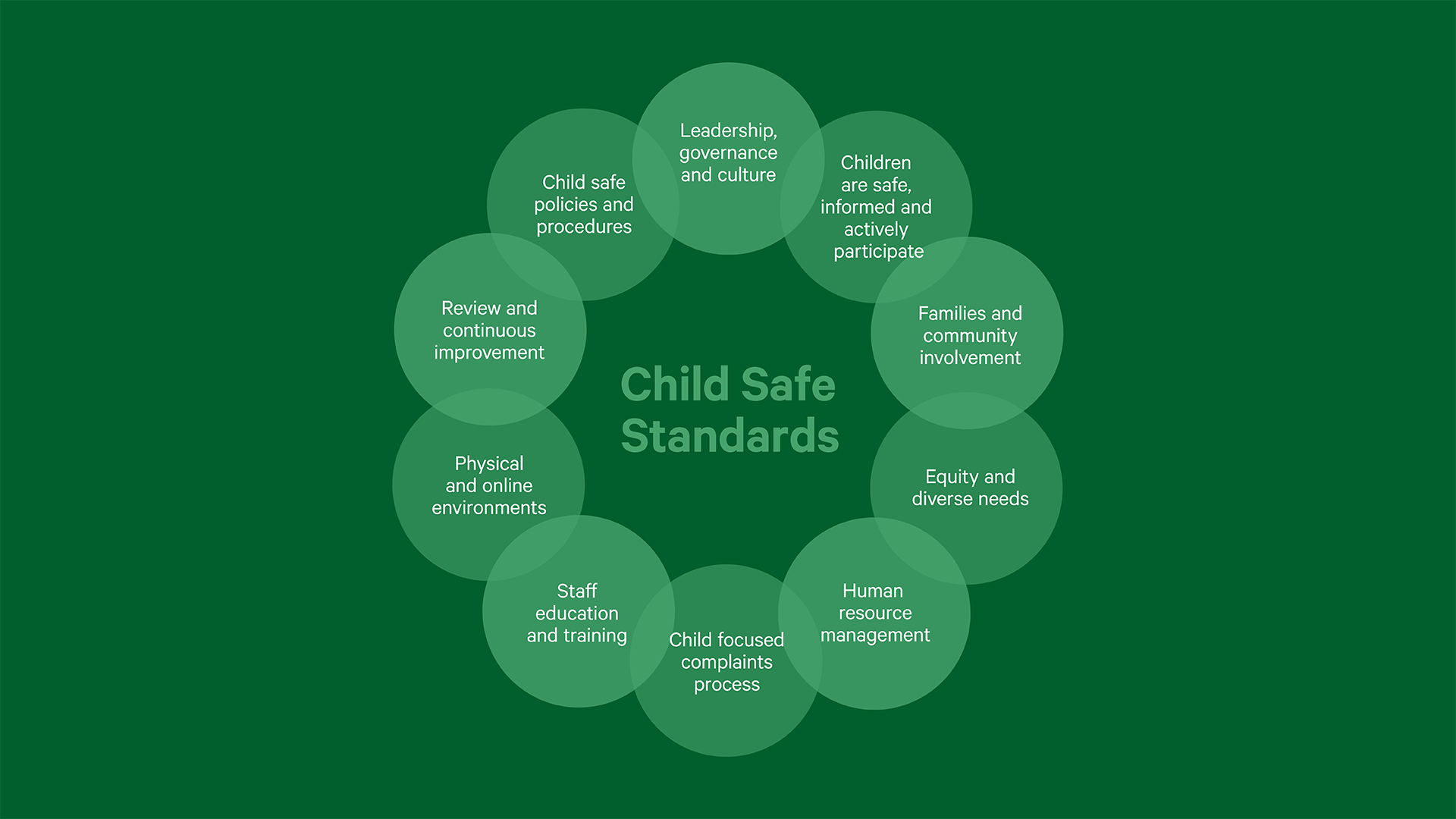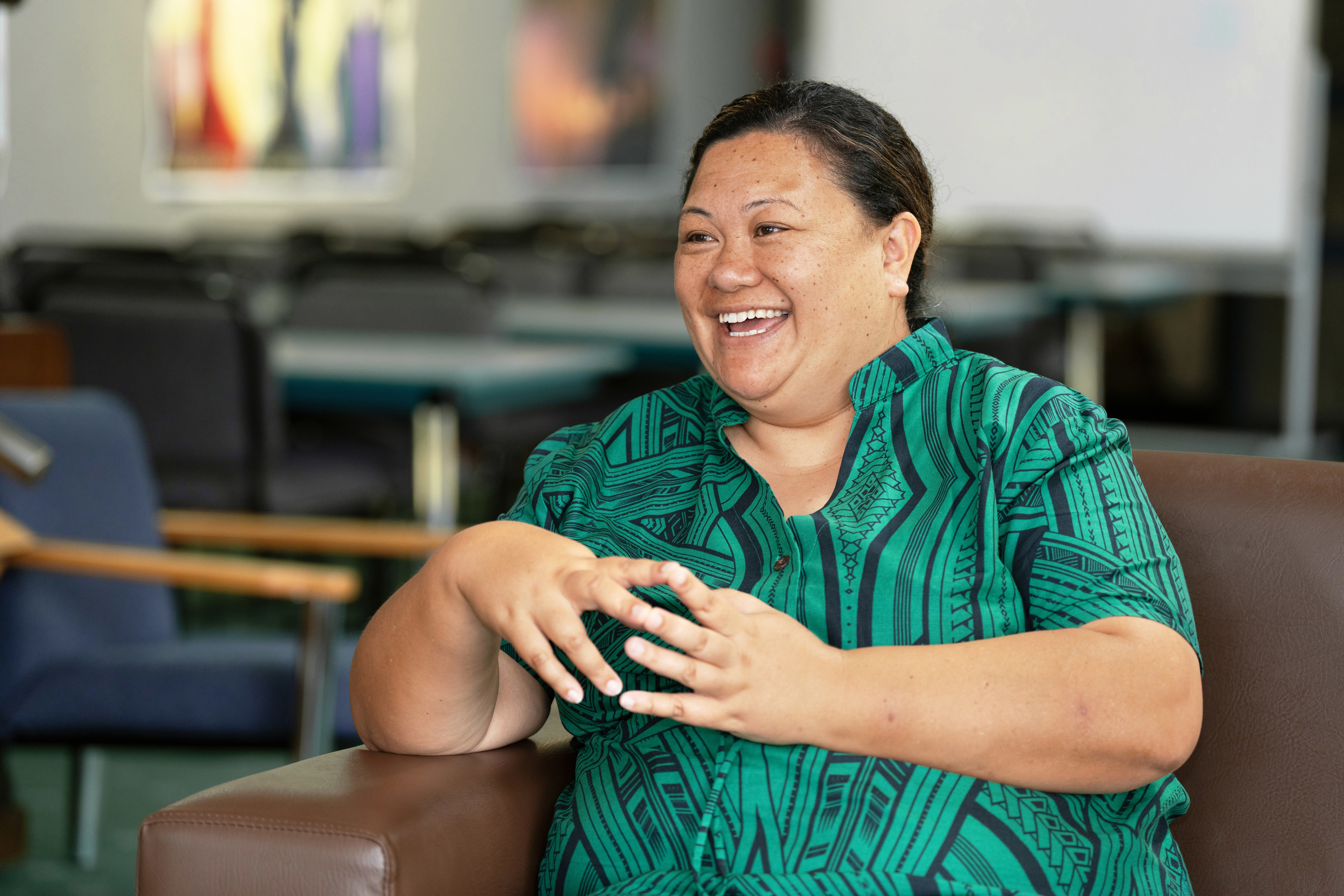Safeguarding at Dilworth
Safeguarding is about protecting people from harm or damage.
Dilworth has adopted the Child Wise framework, which involves 10 Child Safe Standards that reflect the Australian Principles for Child Safe Organisations developed by the Australian Human Rights Commission, following the Royal Commission into Institutional Responses to Child Sexual Abuse.
The Child Safe Standards underpin Dilworth’s policies, procedures, practices, and culture to ensure that the safety and wellbeing of all tamariki/rangatahi is at the forefront of every action and every decision made at Dilworth School.

In each of these areas, Dilworth has actioned significant changes to the way we operate. These have included creating child-friendly versions of key policies in consultation with students; developing an incident reporting model; creating a robust complaints process; establishing six different channels for students and parents to share feedback, and establishing parent advisory groups.
Dilworth also has a full-time Director of Health and Safety who is responsible for school-wide health and safety for the Dilworth community.
Mattie Naseri, Head of Safeguarding

“The Child Wise review and our journey to accreditation have given us a clear roadmap and an ongoing plan of continuous improvement.”
Growing up as one of two Pasifika children in Mount Roskill, Mattie Naseri learned strong values at a young age. Her parents immigrated from Samoa in the 1970s, with both working multiple jobs to help provide for the family and create a space that was safe, warm, and one where the children knew they came first. “Faith is a big thing in our family,” Mattie says. “Faith is how I learned that service and giving are incredibly important values to hold. They are family values, and values I believe align me with Dilworth.”
Achieving Child Wise accreditation (Child Wise is part of the Australian Childhood Foundation) in September 2022 was a key milestone for Mattie and the entire team at Dilworth. “It was a major piece of work and one that we’re really proud of,” Mattie says.
“The Child Wise review and our journey to accreditation have given us a clear roadmap and an ongoing plan of continuous improvement. Dilworth now has systems in place to ensure students can easily speak up about any issues that matter to them, they can do this anonymously and in many ways. We have embedded a culture of safeguarding, and we have zero tolerance towards any abuse at Dilworth. We have a parent safeguarding committee, where we gather parent and whānau input. It’s become part of our cultural DNA.”
Safeguarding for staff
Safeguarding is embedded in our recruitment processes, from the outset which includes highlighting child safety at Dilworth in job advertisements and position descriptions through to the induction of all new staff. We have a programme of compulsory safeguarding staff training at every level of our organisation; from teaching to non-teaching staff, leadership and Governance.
Student Voice
To find out more about Student Voice at Dilworth click here.
Whānau involvement in safeguarding
Parents/caregivers are encouraged to be fully involved in school life. Our School has a parent safeguarding group which inputs into safeguarding policies, as well as Pasifika Advisory Group and Dilworth Family Connect.
Statement of Commitment
Dilworth School provides educational and residential boarding services to approximately 550 tamariki/children and rangatahi/youth aged between 12-18 years during any given year.
Dilworth School is committed to providing a safe, caring, and nurturing boarding environment and school climate to ensure the wellbeing and prevent the harm of tamariki, rangatahi, their whānau/family and staff. This is our single greatest priority and responsibility.
The key principles that are the foundation of our practices and policies are collaboration, safety, choice, empowerment, cultural competency, and trustworthiness.
Dilworth is open, aware, and alert to potential risks to tamariki/rangatahi and takes immediate action when issues are identified. There is zero tolerance for abuse of any kind. We expect all stakeholders to report any allegations, disclosures or concerns for the safety and wellbeing of tamariki/rangatahi. All staff across all levels and irrelevant of working hours (e.g. volunteers, casual, part or full-time and contractors) are required to adhere to and abide by the Student Safety Code of Conduct.
We seek, value and respect diverse representation, views and experiences in tamariki/rangatahi and encourage individuality and choice.
Tamariki/rangatahi are empowered and encouraged to speak up and speak out against abuse, knowing that the adults are listening and will act, and that the tamariki/rangatahi will not be penalised in any way for doing so.
All services provided by Dilworth are for the safety and wellbeing of tamariki/rangatahi. We embrace a multicultural approach, honouring the diverse cultures within our community. Our school respects and supports Tikanga Māori, recognising its importance in Aotearoa New Zealand's heritage. We integrate Māori values, customs, and language into our daily practices and curriculum.
We are committed to regular and ongoing education and training on child safety and wellbeing for the Trust Board, staff and volunteers.